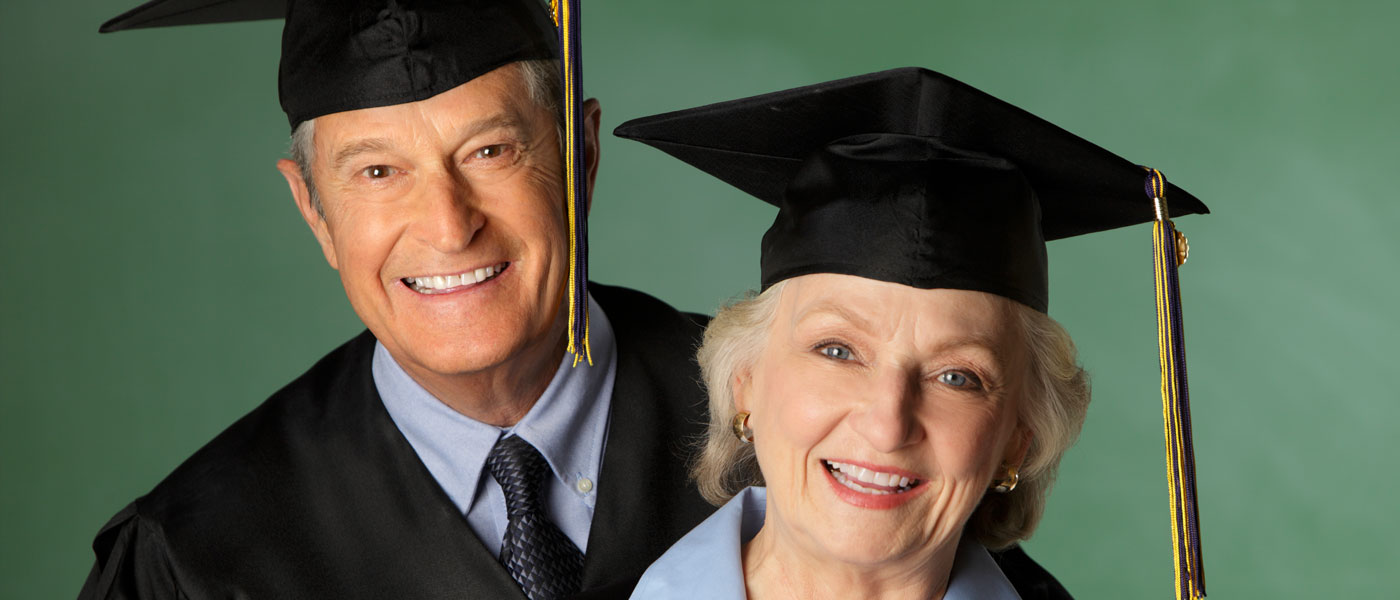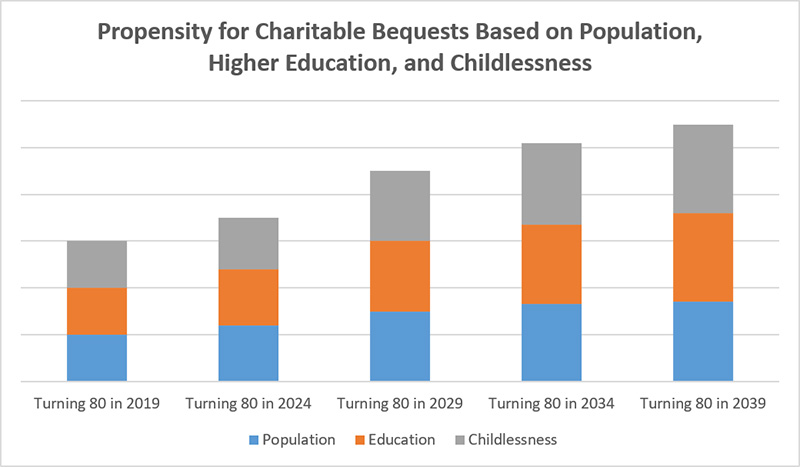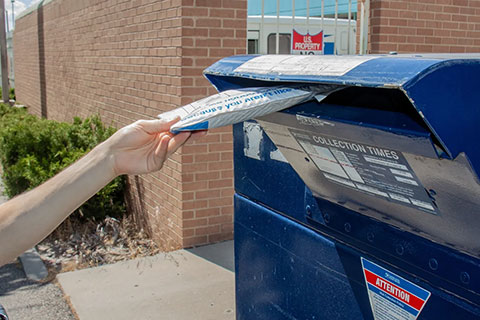
The Pentera Blog
Bequest Increase to Start Soon, Fueled by More Elderly with More Education and Fewer Children
New data from the largest research study of older Americans predicts an increase in charitable bequests that will begin in about three years and steadily increase for decades. The reasons for the upcoming boom are three-fold:
- There will soon be more Americans entering their 80s.
- More of those older Americans will be childless (the top predictor of making a charitable gift).
- More of those older Americans will be highly educated (another top predictor of making a charitable gift).
Planned giving researcher Russell James of Texas Tech University recently published a paper in a law review journal that extends the analysis he did in a 2013 book titled American Charitable Bequest Demographics. His study analyzes data from the "Health and Retirement Study" (HRS), which surveys 26,000 older Americans every two years. The new analysis by James includes actual data from the 2012 survey and estimated results of the 2014 survey, neither of which were included in his book that covered the surveys from 1998 to 2010.
Here is a chart that shows how the charitable boom may occur, showing the increase in those Americans turning 80 during the next twenty years along with the increase in higher education and childlessness for those people.
|
|
More older Americans
James has found that 87% of charitable bequests come from those dying in their 80s. Beginning in the next few years, there will be more and more people entering that age group. However, right now there are still a low number of Americans entering their 80s because of the baby bust that happened during the Great Depression. So there will be a couple more years before the increase begins.
"From 2021 forward, the total population of those in their 80s might be expected to expand rapidly for at least 25 years," James says. "For those interested in estate transfers to nonprofit organizations, this is the critical age range to track."
More childless Americans
Childlessness has been found to be the number 1 predictor of making an estate gift to charity. And childlessness is on the rise; James says that trends forecast "a dramatic increase in childlessness for the 70+ age group in the upcoming years, possibly doubling from current levels."
"Not only will there be an increased population but also a likely increased propensity within that larger population to engage in charitable estate planning (because of the childlessness factor)," James says.
Married couples without children who create estate-planning documents have about a 50% chance of including a charitable beneficiary - the greatest likelihood of any demographic factor. However, James said there will likely be a delay in nonprofits actually receiving those additional bequests until the childless Americans who are about to enter their 70s actually reach their 80s and begin passing away in large numbers.
More highly educated Americans
Educational level is also a predictor of making a charitable gift, though not as strong a predictor as childlessness. The number of Americans with a bachelor's degree or higher has continued to rise, to a high of 28.3% of those 55 and older in 2014 - almost triple what it was when the HRS study began in 1979. And the figures for those in the 35-54 age group are even higher.
"The rising levels of education may further increase the tendency to include charity in the estate plan," James says.
As with childlessness, the impact of the increased education won't be felt until those more highly educated Americans begin passing away in large numbers as they reach their 80s.
James also noted the interrelationship between higher education and childlessness: Many people delay having children while seeking higher education - and then may decide to never have children. Those highly educated childless Americans are prime candidates for bequests and other planned gifts.
The new figures from James are available in his journal article here.



